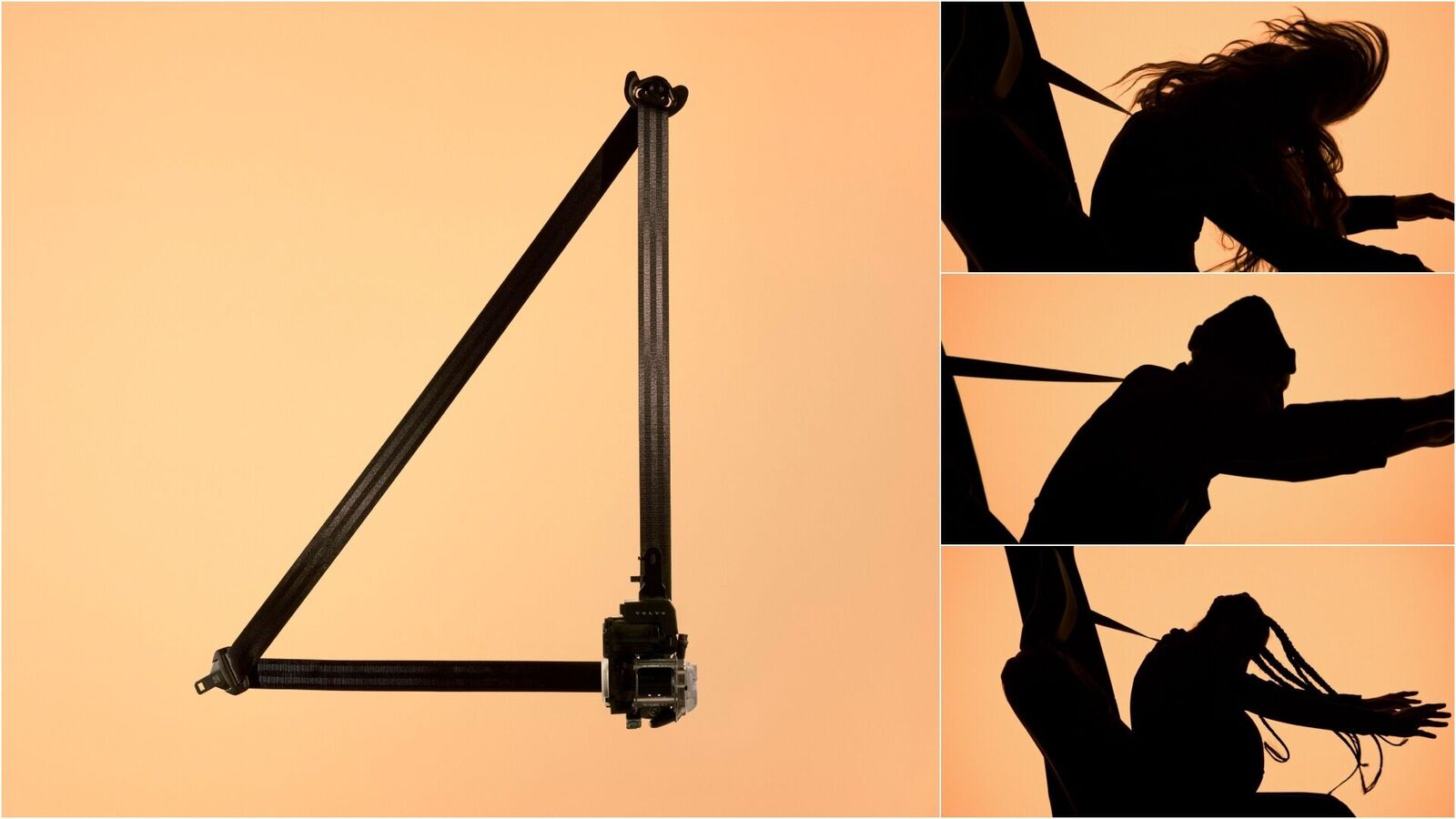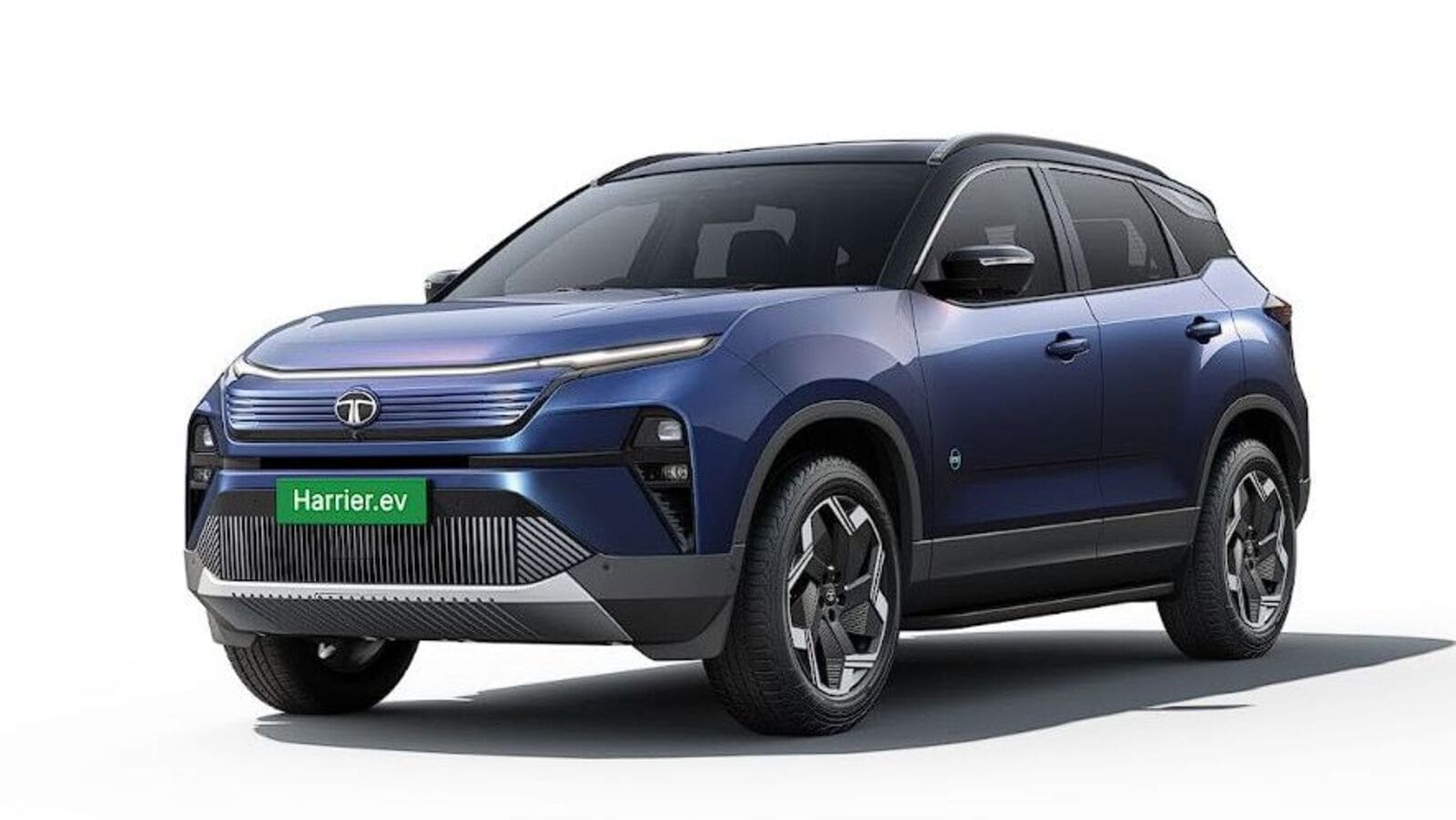04 June 2025

New-car registrations in France took a dive last month, with nearly every powertrain seeing declines, except for hybrids. Autovista24 editor Tom Geggus breaks down the numbers behind the downturn.
With 123,918 units delivered in May, the French new-car market fell by 12.3% year on year. This is according to Autovista24’s latest calculations based on data published by automotive industry body the PFA.
Despite having the same number of working days as May 2024, registrations dropped by 17,378 units, extending the market’s ongoing downward trend. According to AAA Data, the primary reason for this sharp drop was the private channel.
However, fleet registration also fell by 18% as carmakers turned to tactical sales channels to support volumes. This includes methods such as dealer self-registrations, short-term fleet rentals and demonstration vehicles.
Deliveries have fallen every month of the year so far. Registrations were down by 6.2% in January, 0.7% in February, 14.5% in March, and 5.6% in April.
These consecutive months of decline led to an 8.2% drop in year-to-date registrations. Between January and May, 672,700 new cars were delivered. This means 60,477 fewer units hit the road compared to the same period last year.
Multiple market influences
‘Almost all indicators are in the red for the month of May,’ detailed Marie-Laure Nivot, head of automotive market analysis at AAA DATA.
‘We do not expect a recovery in the registration trend in the coming months. Changes in public policy have made buyers cautious, and opportunists are waiting for the electric leasing announced for September.’
AAA Data highlighted that private buyers are turning away from electric cars, with registrations in this channel dropping by 58%. Meanwhile, fleet purchases of battery-electric vehicles (BEVs) increased by 19%. However, this still proved insufficient.
In an upcoming study, AAA Data will reveal how manufacturers’ offerings are still dominated by petrol. The fuel type accounted for 221 models and 635 different versions last year, far exceeding the number of electric vehicle (EV) options.
This reflects the transitional balance between industrial dynamics and broader decarbonisation goals. It also reveals how product offerings shape the market’s performance.
AAA Data outlined that with slower registrations, manufacturers are favouring strategies to preserve profitability and competitiveness. This is boosting higher value-added segments, such as SUVs, while slowing the disappearance of internal-combustion engines (ICE).
Additionally, changing environmental regulations are increasing uncertainty for carmakers and consumers, in turn hindering electrification. Across the EU, carmakers can now average out fleet emissions between 2025 and 2027 to meet targets.
In May, the French National Assembly also voted to abolish low-emission zones which block older vehicles from urban centres. However, this change still needs to be confirmed by the final adoption of the simplification law.
Hybrids cannot save market
Amid all these complications, the French new-car market saw a definitive winner in May. Hybrids, including full and mild versions, was the only powertrain category to see registrations increase in the month. The technology has recorded a perfect growth streak so far this year.
Recording 54,553 registrations, hybrid deliveries grew by 14.7% year on year. The powertrain grouping captured 44% of the market, up from its 33.7% share in May 2024.
In the year to date, the powertrain accounted for 44.9% of all registrations, jumping from 22.9%. Deliveries grew by 38.3% to 301,880 units.
This success reflects the transitioning marketplace. Buyers are looking to move on from pure ICE models but are still uncertain about going fully electric. Offering quick refilling times and improved fuel economy, hybrids offer the best of both worlds. But with so many powertrains in decline, hybrids were unable to be able to save the market alone.
EV market troubles
BEV registrations fell by 18.8% year on year last month to 19,414 units. This means all-electric cars have seen deliveries decline in January, February, March and May this year. The powertrain’s share of the French new-car market dropped 1.2 percentage points (pp) to 15.7%.
However, in the first five months of the year, BEVs represented 17.8% of all new-car sales in France. This equated to an improvement of 0.2pp. As registrations dropped by 7.4% to 119,475 units in this period, this reflects a wider market decline.
Plug-in hybrids (PHEVs) saw deliveries fall by 19.8% to 8,180 units in May. The powertrain has yet to escape double-digit declines this year. This meant PHEVs made up 6.6% of the market, down 0.6pp. Across the year to date, the technology saw a delivery drop of 37.4%, taking a 5.6% share, down 2.5pp.
Combined, both powertrains saw registrations fall by 19.1% to 27,594 units. EVs made up 22.3% of all deliveries, down 1.9pp year on year.
Across the first five months of 2025, the EV share fell from 25.7% in the first five months of 2024 to 23.3% so far this year. Registrations dropped by 16.9% in this period, with 156,840 EVs hitting the French roads.
Combining the EV and hybrid results reflects an increasingly electrified market. Last month the category made up nearly two-thirds of all registrations. The 66.3% electrified share was up by 8.5pp from May 2024. Registrations increased by 0.6% to 82,147 units.
In the year to date, deliveries were up by 12.7%, with 458,720 electrified vehicles taking to the country’s roads. This equated to a 68.2% share, up from 55.5% at the same time last year.
ICE continues to melt
Last month the greatest decline was felt by ICE models. Diesel-powered cars saw the largest fall of any powertrain, down 39.3% to 6,925 units. Its market share reached 5.6% from 8.1% in May 2024.
In the year to date, the fuel type felt an even greater drop, down by 43.4% to 31,752 registrations. This is due to consistent declines of over 30% in every month so far in 2025. It claimed 4.7% of the market, down 3pp.
Petrol deliveries decreased by 30.2% to 30,217 units, with the technology making up 24.4% of the French new-car market. This was down from its 30.6% share recorded in May 2024.
In the year to date, the fuel type dropped by 34.3% to 157,100 deliveries. It has yet to manage a decline of less than 27% this year. This meant it held a 23.4% market share, down 9.2pp.
Combined, the two powertrains accounted for 30% of the French new-car market in France in May. Down 8.7pp. Deliveries slumped by 32.1% year on year to 37,142 units.
In the year to date, the decline was more pronounced, with registrations falling by 36.1% to 188,852 units. This meant ICE accounted for 28.1% of deliveries, down from 40.3% at the same point last year.





